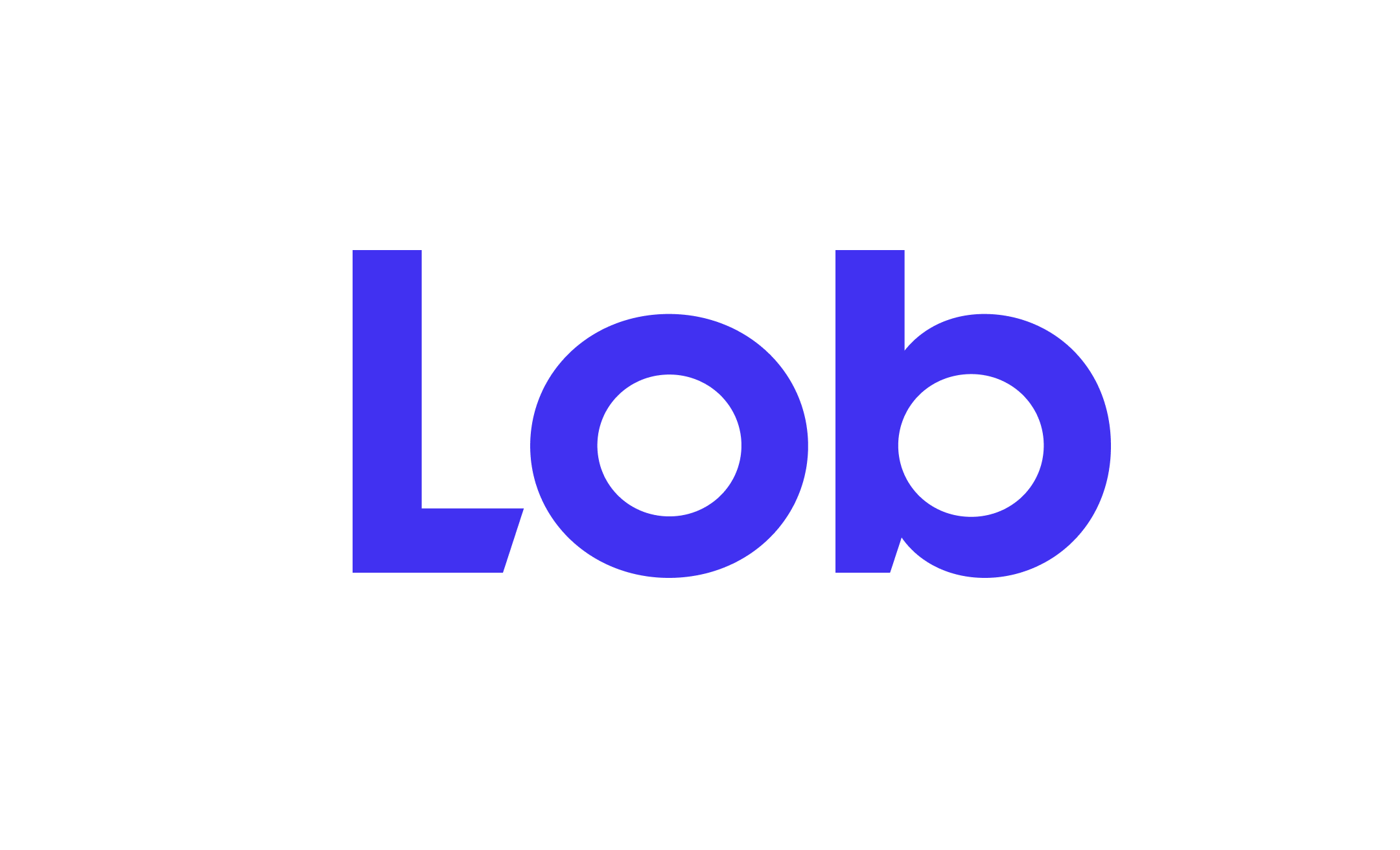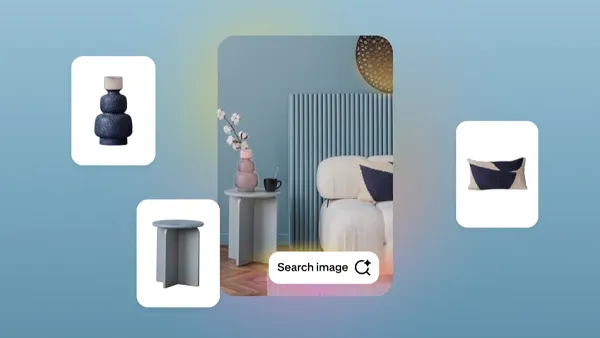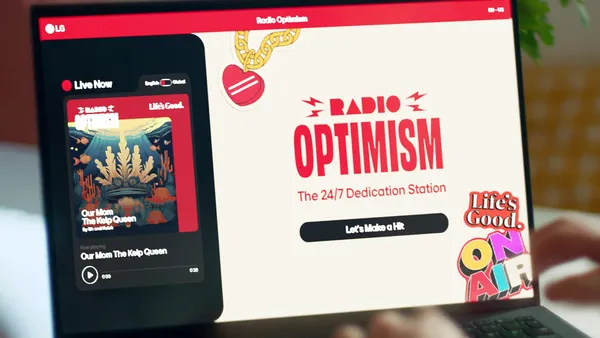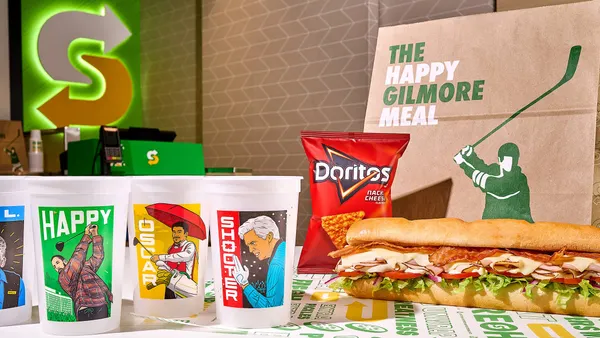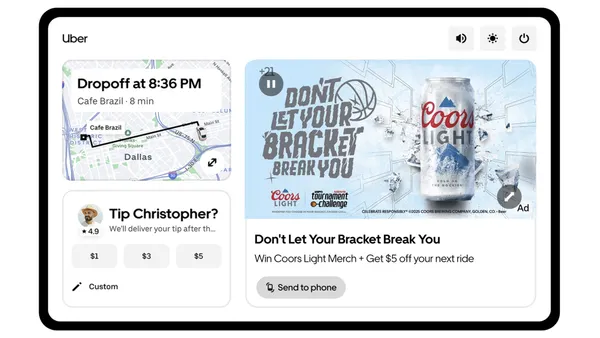Brief:
- Snapchat added a feature that lets influencers open in-app stores to sell merchandise to U.S. users of the image-messaging app, a Snap spokesperson told Digiday. Because of data-privacy rules in some countries, international users are directed to a mobile website to start shopping.
- Kylie Jenner, Kim Kardashian, Shay Mitchell, Spencer Pratt and Bhad Bhabie are the first five influencers to have access to the swipe-up feature to sell items like makeup, travel bags, crystals and clothing. Snap plans to add official accounts from Khloe Kardashian and Rob Kardashian in the next few weeks, followed by publishers later this year. Snap currently isn't taking a cut of sales from influencer shops, Digiday reported.
- In celebration of Pride month, apparel brand Levi's is selling limited-edition pins and patches through a collaboration with Snapchat, e-commerce platform Shopify and fulfillment app Darkstore. The activation lets people unlock a special Pride Lens by scanning a Snapcode at Levi's stores or by receiving it from friends, executives told Adweek.
Insight:
Snap's expanded shopping features are part of a broader effort to boost e-commerce revenue while making Snapchat more appealing to influencers who help drive engagement with social media. Snapchat has been a target for criticism among influencers who have complained that it doesn't provide them with enough support. It's notable that reality TV star and cosmetics marketer Kylie Jenner is among the first creators to have an in-app store, considering that she famously erased $1.3 billion of Snap's market value with a single tweet. She told her millions of Twitter followers that she didn't use Snapchat anymore, triggering a 6.1% drop in Snap's stock. Since then, Jenner has worked with Snap on e-commerce programs such as direct sales of products from her Kylie Cosmetics brand.
Snap faces competitive pressures to support influencers as rival platforms like Instagram and YouTube work to court creators by helping them monetize their digital content. Instagram, which has emerged as the most popular influencer platform, this week debuted a feature that lets advertisers turn influencer posts into paid ads that can reach a wider audience, potentially giving influencers another source of revenue. Meanwhile, YouTube is becoming more shoppable with Google's expanded e-commerce features, and influencer shopping apps like Liketoknow.it last month started to cash in with its own shopping channel on the video-sharing platform, WWD reported.
E-commerce platform Shopify powers Snapchat's new in-app shops, while Snap continues to build out its e-commerce features, announcing in April several new initiatives to boost engagement. The company unveiled new Snap Kit features, including App Stories capabilities that let third parties integrate Snapchat Stories into their apps. The company also revealed new augmented reality features, streamed TV shows and plans for a gaming platform.
Snap's improved prospects are gaining attention after the company has disappointed investors since its IPO two years ago. Wall Street firm Pivotal Research Group this week upgraded its rating for shares of Snap to a "buy" from a "hold," citing user growth and ad sales momentum, MediaPost reported. Snap's revenue rose 39% to $320.4 million in Q1 from $230.7 million a year earlier, according to the company's 2019 Q1 financial report, beating Wall Street estimates of $306 million. Snapchat's daily user base increased 2% to 190 million in Q1 from 186 million in the previous quarter, halting three straight quarters of declines or flat results.






